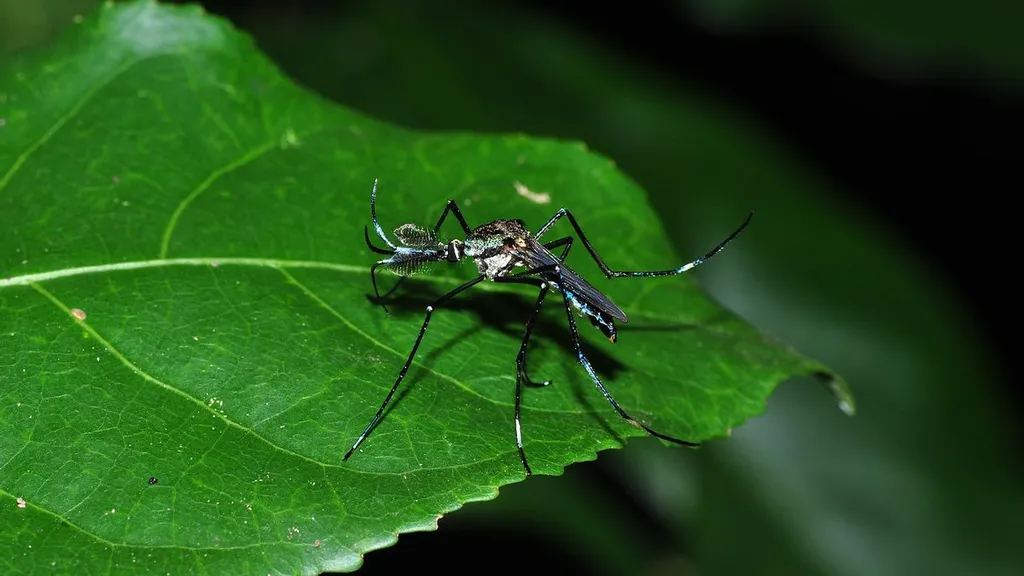In a surprising turn of events, Iceland, long considered one of the last mosquito-free regions on Earth, has recorded its first sighting of the insects this month. This development, attributed to the country’s rapidly warming climate, has significant implications for its agriculture sector and investors.
Iceland’s unique geography, characterized by abundant ponds and marshes, has long made it a potentially suitable habitat for mosquitoes. However, the country’s frigid temperatures have historically kept these insects at bay. With global warming accelerating, Iceland is now experiencing a rise in temperatures, making it increasingly hospitable to mosquitoes.
The first recorded sighting occurred in the town of Kjós, where insect enthusiast Björn Hjaltason discovered three mosquitoes in his garden. These insects were identified as Culiseta annulata, a species commonly found in Northern Europe. While this particular species is not known to carry disease, its presence signals a broader trend of mosquitoes expanding their range into previously inhospitable regions due to climate change.
For Iceland’s agriculture sector, the introduction of mosquitoes could pose several challenges. Mosquitoes can harm livestock by causing stress, reducing productivity, and even leading to anemia in severe cases. Additionally, while the Culiseta annulata species is not a disease vector, the potential for other, more dangerous mosquito species to establish themselves in Iceland cannot be ignored. The spread of mosquito-borne diseases like yellow fever, dengue fever, and Zika could have devastating impacts on both human health and agricultural productivity.
Investors in Iceland’s agriculture sector should be aware of these emerging risks and consider the potential long-term impacts on their investments. The changing climate and the associated spread of pests like mosquitoes could lead to increased costs for pest control, reduced crop yields, and lower livestock productivity. Furthermore, the potential for disease outbreaks could disrupt supply chains and affect market access.
The discovery of mosquitoes in Iceland serves as a stark reminder of the far-reaching consequences of climate change. As temperatures continue to rise, investors and stakeholders in the agriculture sector must remain vigilant and proactive in addressing the challenges posed by these emerging threats. This may involve investing in research and development of new pest control methods, implementing adaptive management strategies, and supporting policies that promote sustainable agriculture and climate resilience.

